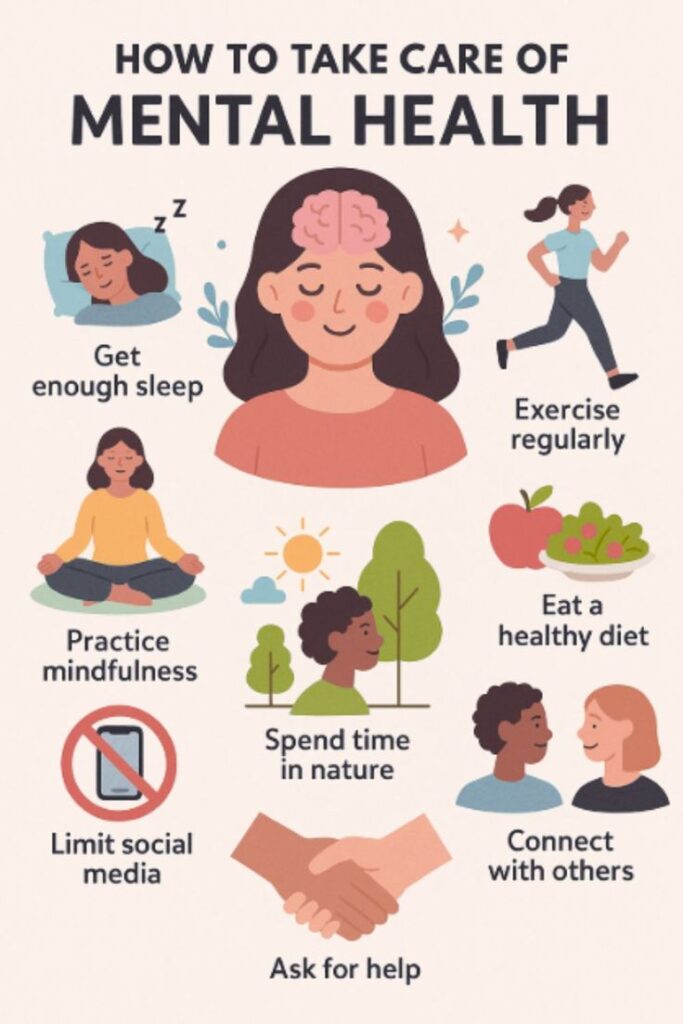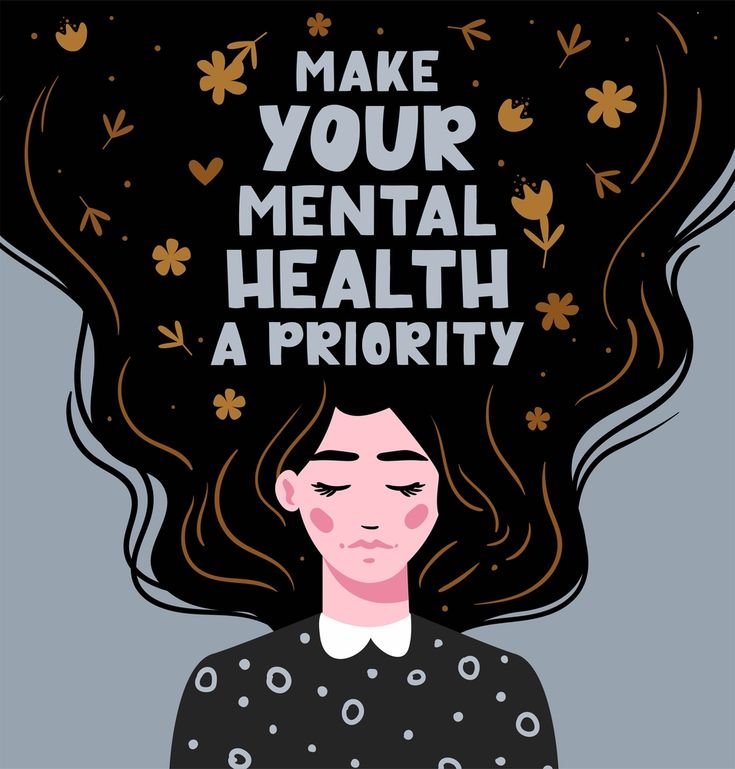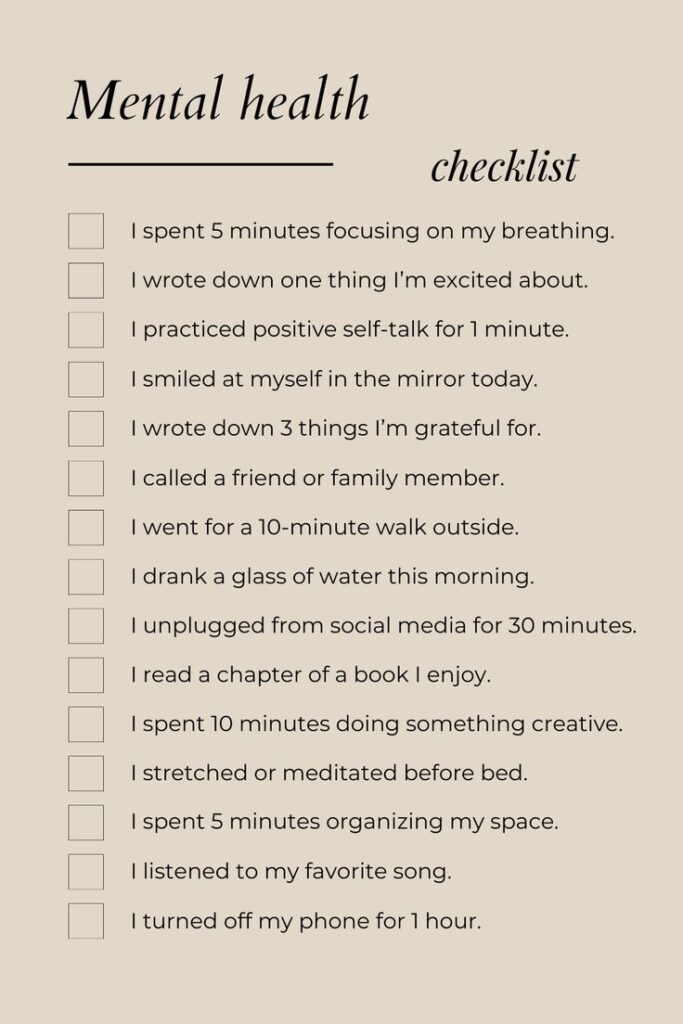In our fast-paced world, mental wellness has become more important than ever. With increasing pressures from work, relationships, finances, and global events, maintaining a healthy state of mind is not just desirable—it’s essential. Fortunately, there are many practical steps you can take to enhance your mental wellness and build resilience. In this comprehensive guide, we will explore 10 powerful ways to boost your mental wellness and create a balanced, fulfilling life.

1. Practice Mindfulness and Meditation
Mindfulness is the art of being present in the moment, fully engaged with whatever you’re doing. Instead of worrying about the future or dwelling on the past, mindfulness helps you anchor your attention to the present.
How mindfulness helps mental wellness:
Reduces anxiety and stress Enhances focus and concentration Promotes emotional regulation Encourages self-awareness
Simple mindfulness practices:
Start your day with 5 minutes of mindful breathing. Practice body scan meditation before bed. Engage fully in everyday activities (eating, walking, or even washing dishes) by focusing on sensations, sounds, and smells. Use mindfulness apps like Headspace or Calm for guided sessions.
Over time, consistent mindfulness practice can rewire your brain, making you more resilient to stress and better able to navigate life’s challenges.
2. Prioritize Physical Exercise
The mind and body are deeply connected. Regular physical activity doesn’t just benefit your physical health—it has profound effects on mental wellness as well.
Mental health benefits of exercise:
Boosts mood by increasing endorphin levels Reduces symptoms of depression and anxiety Improves sleep quality Enhances cognitive function
Tips to incorporate exercise into your routine:
Aim for at least 30 minutes of moderate activity most days of the week. Choose activities you enjoy—dancing, hiking, swimming, or even brisk walking. Mix in strength training and flexibility exercises for overall wellness.
Physical activity acts as a natural antidepressant and helps clear your mind, providing a much-needed break from daily stressors.
3. Establish a Consistent Sleep Routine
Quality sleep is one of the most underrated aspects of mental wellness. Lack of sleep can lead to irritability, mood swings, decreased concentration, and increased risk of mental health issues.
How to improve sleep hygiene:
Go to bed and wake up at the same time every day, even on weekends. Create a calming bedtime routine—reading, gentle stretching, or deep breathing exercises. Limit screen time at least an hour before bed to reduce blue light exposure. Keep your bedroom cool, dark, and quiet.
By improving your sleep habits, you give your brain the rest and recovery it needs to function optimally.
4. Nurture Your Social Connections
Humans are inherently social beings. Strong, supportive relationships are a vital component of mental wellness.
Why social connections matter:
Provide emotional support during tough times Help build a sense of belonging and purpose Reduce feelings of loneliness and isolation Improve self-esteem and confidence
Ways to strengthen social bonds:
Schedule regular catch-ups with friends and family. Join clubs, groups, or communities that align with your interests. Volunteer for causes you’re passionate about. Seek professional help if you struggle with social anxiety.
Building and maintaining meaningful relationships creates a strong support system that can significantly enhance your mental well-being.
5. Adopt a Balanced and Nutritious Diet
What you eat directly affects how you feel. A well-balanced diet can improve mood, energy levels, and overall cognitive function.
Key nutrients for mental wellness:
Omega-3 fatty acids: Found in fatty fish, flaxseeds, and walnuts; known to reduce depression and anxiety. B vitamins: Support brain function and energy production. Magnesium: Helps regulate mood and stress. Antioxidants: Found in fruits and vegetables, they combat oxidative stress in the brain.
Tips for a brain-friendly diet:
Eat plenty of fresh fruits, vegetables, whole grains, lean proteins, and healthy fats. Limit processed foods, sugar, and caffeine. Stay hydrated by drinking plenty of water throughout the day.
By fueling your body with the right nutrients, you also nourish your mind.
6. Set Realistic Goals and Priorities
Having clear goals can provide direction and motivation, but setting unrealistic expectations can lead to frustration and burnout.
How goal setting supports mental wellness:
Provides a sense of purpose and achievement Enhances motivation and focus Reduces feelings of aimlessness
Effective goal-setting strategies:
Use the SMART criteria (Specific, Measurable, Achievable, Relevant, Time-bound). Break larger goals into smaller, manageable tasks. Celebrate small victories along the way. Be flexible and adjust goals as needed.
Balanced goal setting helps maintain motivation while protecting your mental health from unnecessary stress.
7. Limit Digital Overload
In today’s digital age, it’s easy to become overwhelmed by constant notifications, social media updates, and news cycles. Digital overload can contribute to anxiety, low self-esteem, and difficulty concentrating.
Strategies to manage digital use:
Set designated “screen-free” times, especially before bed. Use apps that track and limit your screen time. Curate your social media feed to include positive, inspiring content. Practice digital detox days or weekends.
By creating healthy boundaries with technology, you allow your mind to rest, recharge, and stay grounded.
8. Practice Gratitude Daily
Gratitude shifts your focus from what you lack to what you have. Numerous studies have shown that regularly practicing gratitude can improve overall happiness and reduce symptoms of depression and anxiety.
Simple gratitude practices:
Keep a gratitude journal and write down 3 things you’re grateful for each day. Express appreciation to others regularly. Reflect on positive experiences at the end of your day.
Gratitude fosters a positive mindset, promotes emotional balance, and enhances your overall sense of well-being.
9. Develop Healthy Coping Skills
Life is full of challenges, and how you respond to stress plays a critical role in your mental wellness. Healthy coping skills help you navigate difficulties without becoming overwhelmed.
Effective coping strategies:
Deep breathing exercises: Calm your nervous system during stressful moments. Progressive muscle relaxation: Release physical tension in your body. Creative outlets: Express your emotions through art, writing, music, or hobbies. Problem-solving: Break down complex issues into smaller, manageable steps.
By equipping yourself with a variety of coping tools, you build emotional resilience that allows you to face life’s ups and downs with confidence.
10. Seek Professional Support When Needed
Sometimes, self-care strategies may not be enough to manage mental health challenges. Seeking professional help is a proactive step toward better mental wellness.
When to consider professional support:
Persistent feelings of sadness or hopelessness Difficulty functioning in daily life Unmanageable anxiety or panic attacks Thoughts of self-harm or suicide
Types of professional support:
Therapists or counselors: Provide talk therapy, cognitive behavioral therapy (CBT), or other therapeutic approaches. Psychiatrists: Can prescribe medication when necessary. Support groups: Offer community and shared experiences with others facing similar challenges.
Reaching out for help is a sign of strength, not weakness. Professional guidance can provide you with the tools and support you need to navigate difficult periods and thrive.

Conclusion
Boosting your mental wellness doesn’t require dramatic life changes. Instead, it’s about incorporating small, intentional habits into your daily routine that, over time, create lasting benefits for your mind and overall well-being. From practicing mindfulness and maintaining strong social connections to prioritizing sleep and seeking professional support when needed, these 10 strategies offer a holistic approach to enhancing your mental health.
Remember, mental wellness is a journey, not a destination. Be patient with yourself, celebrate your progress, and stay committed to nurturing your mind. In doing so, you not only improve your own quality of life but also cultivate the strength and resilience to support others on their wellness journeys.
